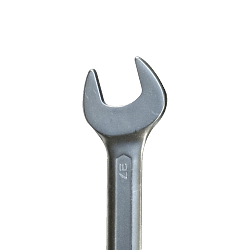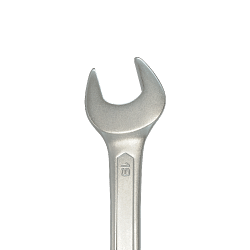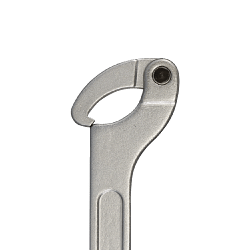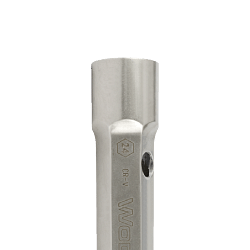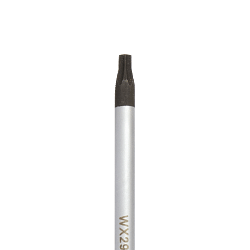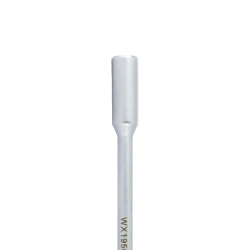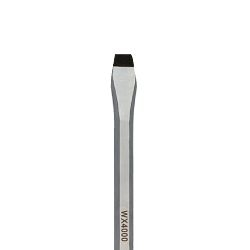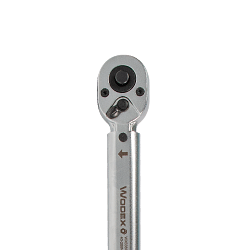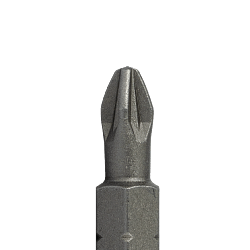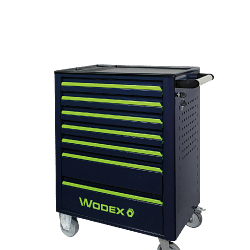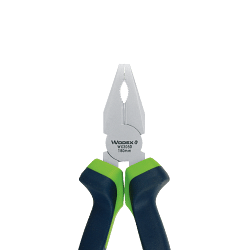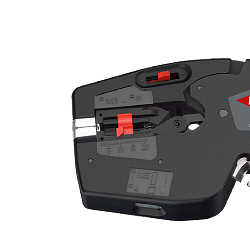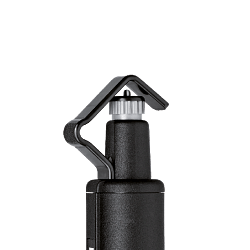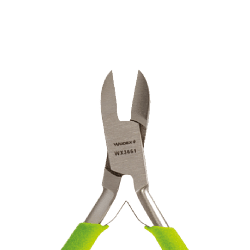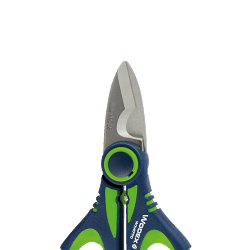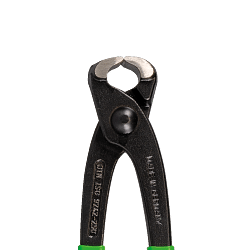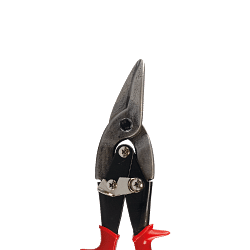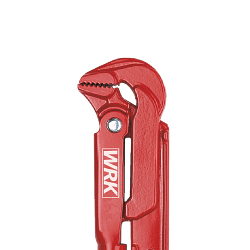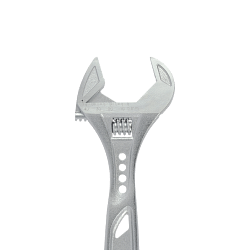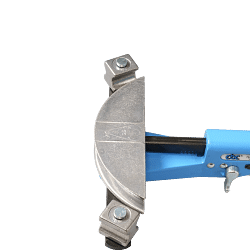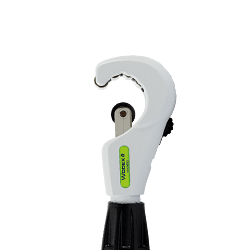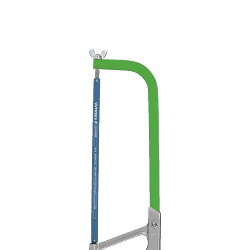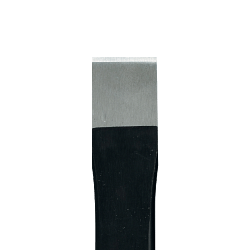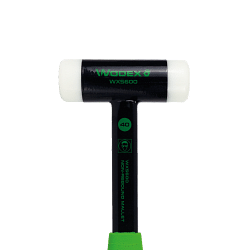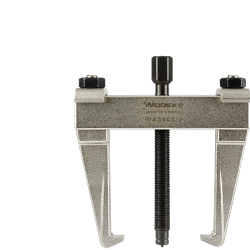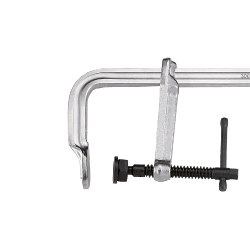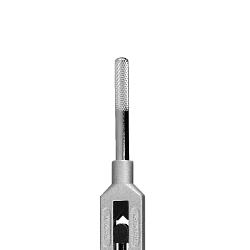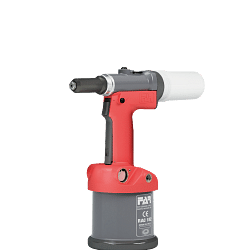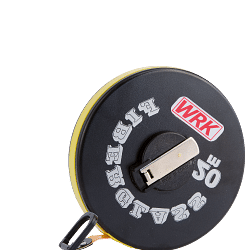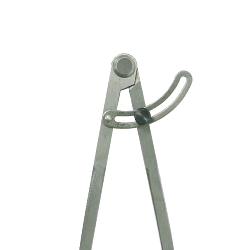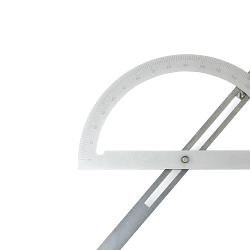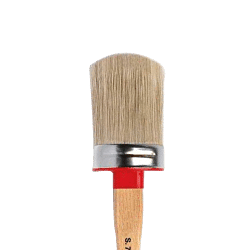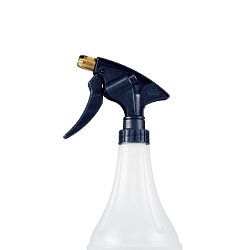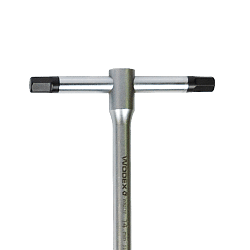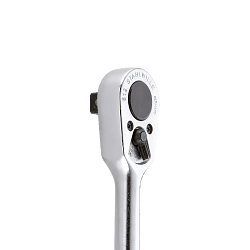You have no items in your shopping cart.
Register and use the discount code NEWWELCOME to get 10% off on your first purchase. GET DISCOUNT.
Register and use the discount code NEWWELCOME to get 10% off on your first purchase. GET DISCOUNT.
Register and use the discount code NEWWELCOME to get 10% off on your first purchase. GET DISCOUNT.
Free shipping in 24h from 200€
Catalogues
Customer service
How can we help you?
- Faq
- Customer service
02.927371
- Supporting big orders
02.38298620
-
info@linkindustrialtools.it
- Request assistance with form
Or contact us with the chat in the lower right corner
- All products
 Integral cutting tools
Integral cutting tools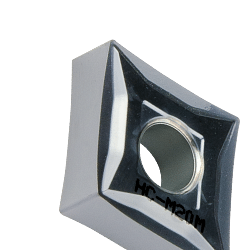 Turning tools
Turning tools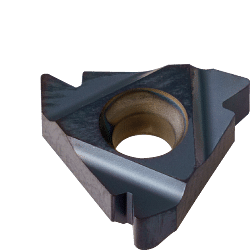 Thread tools
Thread tools Thread tools
Thread tools- All products
- Thread inserts
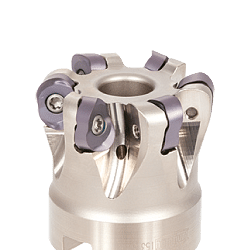 Milling cutters
Milling cutters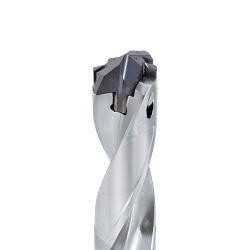 Drilling tools
Drilling tools Drilling tools
Drilling tools- All products
- Indexable drill bits
- Indexable drill heads
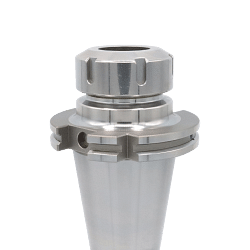 Clamping systems
Clamping systems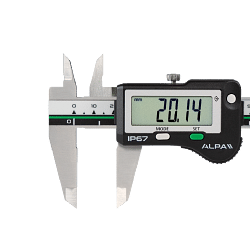 Measuring and precision tools
Measuring and precision tools Measuring and precision tools
Measuring and precision tools- All products
- Digital calipers with readings to 0.01
- Analogue calipers
- Digital micrometers
- Analogue micrometers
- Bore gauges
- Snap gauges
- Digital gauges
- Analogue gauges
- Touch probes
- Zero setters and edge finders
- Inspection plates
- Altimeters
- Height gauges
- Squares and levels
- Threaded rings
- Gauge blocks
- Calibrated tapes and thickness gauges
- Digital and analogue hardness testers
- Roughness testers
- Microscopes, lenses and visors
- Digital thermo-hygrometer to measure moisture
- Reset benches
- Optical profile projector
- Professional, digital dynamometers
- Laboratory scales
- Digital amperometric pliers
- Thickness and adhesion gauges
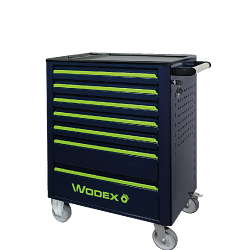 Hand tools
Hand tools Hand tools
Hand tools- All products
- Combination wrenches
- Spanners
- Hook wrenches
- Tubular wrenches
- Hexagon keys
- Torx wrench
- Socket wrenches
- Screwdrivers
- Torque wrenches
- Torque screwdriver
- Inserts and bits for screw drivers
- Tool trolleys
- Workshop pliers
- Wire strippers
- Cable strippers
- Cutting nippers
- Professional scissors
- Nippers
- Professional shears
- American or Swedish pipe wrench
- Adjustable wrench
- Pipe tools
- Pipe cutter for plumber
- Cutter
- Hacksaws
- Deburring tools
- Chisels
- Hammers and mallets
- Mechanical and conical pullers
- Clamps
- Tap wrenches and die stocks
- Riveters
- Flexometers
- Tape measures
- Markers
- Flat squares and rulers
- Professional dividers
- Professional protractors
- Brushes
- Lubricators and spray nozzles
- T-wrenches
- Reversible ratchets
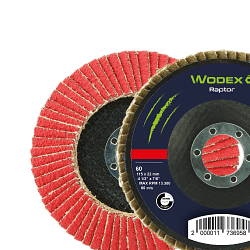 Abrasives
Abrasives Abrasives
Abrasives- All products
- Cutting discs
- Deburring grinding wheel
- Flap discs
- Fabric discs for surface treatment
- Abrasive fibre discs with Velcro
- Abrasive cloth in rolls, sheets and bands
- Flap wheels with pin and abrasive wheel with hole
- Abrasive wheels for buffing machines
- Abrasive spiral bands
- Abrasive brushes
- Flexible sanders
- Mounted grinding discs
- Polishing felt
- Solid carbide rotary cutters
- HSS rotary cutters
- Abrasive wheels for sharpening and grinding
- Diamond grinding wheels
- Grinding stone
- Diamond paste
- Abrasive stones
- Files and rasps
- Diamond files
- Grinders and polishing equipment
 Lubricants for machine tools
Lubricants for machine tools Lubricants for machine tools
Lubricants for machine tools- All products
- Water-miscible coolants
- Neat cutting oil
- Minimal lubrication systems
- Oil for guides and slides
- Drums of hydraulic oil fluid
- Anti-freeze for machine tools
- Air coolers
- Oil separator
- Powders and absorbents for oil
- Aspirators for oil mist
- Accessories for cooling lubricants
- Metal and mould protectors
- Grease and paste
 Chemical, adhesives and sealants
Chemical, adhesives and sealants Chemical, adhesives and sealants
Chemical, adhesives and sealants- All products
- Acrylic, cyanoacrylate and epoxy adhesives
- Guns and silicon sealant
- Threadlocker
- Sealants and retainers
- Release agents, lubricants and anti-seize
- Zinc spray and polishes
- Lubrication accessories
- Protections for maintenance
- Industrial Cleansing
- Handwash
- Industrial cloths and rags
- Welding machines
- Electrodes
- Clamps, shields and welding masks
- Antispatter
 Safety equipment
Safety equipment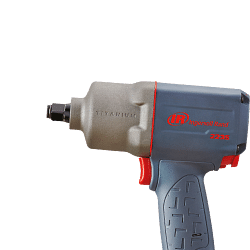 Pneumatics
Pneumatics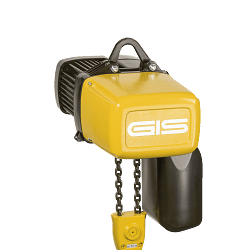 Lifting systems
Lifting systems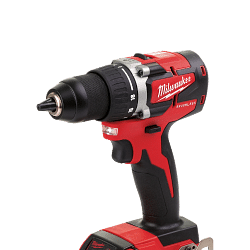 Workshop equipment
Workshop equipment Workshop equipment
Workshop equipment- All products
- Column and bench drills
- Accessories for lathes
- Band saws
- Cut-off machines
- Bench grinders
- Power tools
- Spare parts and accessories for Power Tools
- Saws and hole cutters: wood, metal and plasterboard
- Tapered cutters for sheet metal
- Industrial aspirators
- Fume aspirators
- Bench vices
- Technical lamps
- LED torches
- Industrial cable winders
- Trolley wheels
- Quick clamps
- Threaded inserts
- Control knobs
- Packaging accessories and material
- Belt sanders
- Electric tapping machines
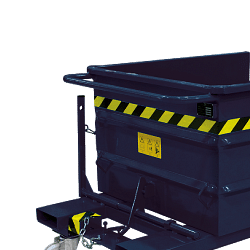 Furnishings and storage
Furnishings and storage Furnishings and storage
Furnishings and storage- All products
- Work benches
- Swivel chairs for office use
- Drawer units for workshops
- Industrial cabinets for warehouses and workshops
- Tool cabinets
- Security cabinets
- Changing room cabinets
- Containers for small metal parts
- Scrap holders
- Workshop trolleys
- Spill pallets for drum storage
- Shelves for warehouses and offices
- Cantilever shelving
- Aluminium ladders
- Modular plinths
- Units and cabinets for waste recycling
 Brand
BrandPromotions
 Bestseller
Bestseller- Catalogues
-
Catalogues
Customer service
How can we help you?
- Faq
- Customer service
02.927371
- Supporting big orders
02.38298620
-
info@linkindustrialtools.it
- Request assistance with form
Or contact us with the chat in the lower right corner
- Home
- Hand tools
Hand tools
The importance of hand tools in machine shops
At the beating heart of every machine shop, hand tools are essential tools that embody tradition and innovation. Ranging from simple screwdrivers to the most complex torque spanners, these tools are essential to ensure precision, efficiency and safety in every mechanical operation. In this in-depth look, we will explore the world of hand tools, analysing their importance, how they can be used and the advantages they offer to practitioners.
What are hand tools and why are they essential
Hand tools are tools designed to be used by hand, without the aid of electricity or pneumatics. They include a wide range of tools such as pliers, hammers, spanners, screwdrivers and saws. Their importance lies in their ability to perform precision work that requires the direct control of the operator. In a context such as machine shops, where precision is crucial, hand tools allow fine adjustments and work on delicate components.
Using hand tools: techniques and applications
The correct use of hand tools requires skill and care. Each tool is designed for a specific task and using it improperly can lead to damage to both the tool and the workpiece. For example, torque spanners are essential for applying precise torque to bolts and nuts, avoiding the risk of over-tightening that could compromise the structural integrity of components. Pliers, on the other hand, are ideal for gripping, bending or cutting wires and cables, while screwdrivers are indispensable for tightening or unscrewing screws of various sizes.
Advantages of using hand tools
The use of hand tools offers numerous benefits, including precision, versatility and ease of maintenance. Precision is one of the main benefits, as it allows operators to have direct and immediate control over the work performed. Versatility is another key aspect: a single hand tool can be used for a variety of applications, reducing the need for specialised tools. In addition, hand tools generally require minimal maintenance, making them an economical and sustainable choice for machine shops.
Frequently asked questions about hand tools
1. What are the most common materials used to manufacture hand tools?
Hand tools are often made of carbon steel or stainless steel, materials that offer strength and durability. Some tools may have rubber or plastic handles to improve comfort and grip.
2. How can safety in the use of hand tools be ensured?
Safety in using hand tools can be ensured by following a few simple rules: always use the right tool for the job, keep tools in good condition and wear personal protective equipment such as gloves and goggles.
3. What is the difference between hand tools and power tools?
The main difference lies in the power source: hand tools are powered by the physical strength of the operator, while power tools use electricity to operate. Hand tools offer more control and precision, while power tools are ideal for jobs requiring power and speed.
Conclusion: the irreplaceable role of hand tools
In conclusion, hand tools are an irreplaceable element in machine shops. Their ability to offer precision, control and versatility makes them indispensable tools for every machine operator. Investing in high quality hand tools and using them correctly not only improves work efficiency, but also helps ensure the safety and longevity of mechanical equipment and components. In a world where technology is advancing rapidly, hand tools continue to hold their value, proving that sometimes, simplicity is the key to success.
Read More Read LessAt the beating heart of every machine shop, hand tools are essential tools that embody tradition and innovation. Ranging from simple screwdrivers to the most complex torque spanners, these tools are essential to ensure precision, efficiency and safety in every mechanical operation. In this in-depth look, we will explore the world of hand tools, analysing their importance, how they can be used and the advantages they offer to practitioners.
What are hand tools and why are they essential
Hand tools are tools designed to be used by hand, without the aid of electricity or pneumatics. They include a wide range of tools such as pliers, hammers, spanners, screwdrivers and saws. Their importance lies in their ability to perform precision work that requires the direct control of the operator. In a context such as machine shops, where precision is crucial, hand tools allow fine adjustments and work on delicate components.
Using hand tools: techniques and applications
The correct use of hand tools requires skill and care. Each tool is designed for a specific task and using it improperly can lead to damage to both the tool and the workpiece. For example, torque spanners are essential for applying precise torque to bolts and nuts, avoiding the risk of over-tightening that could compromise the structural integrity of components. Pliers, on the other hand, are ideal for gripping, bending or cutting wires and cables, while screwdrivers are indispensable for tightening or unscrewing screws of various sizes.
Advantages of using hand tools
The use of hand tools offers numerous benefits, including precision, versatility and ease of maintenance. Precision is one of the main benefits, as it allows operators to have direct and immediate control over the work performed. Versatility is another key aspect: a single hand tool can be used for a variety of applications, reducing the need for specialised tools. In addition, hand tools generally require minimal maintenance, making them an economical and sustainable choice for machine shops.
Frequently asked questions about hand tools
1. What are the most common materials used to manufacture hand tools?
Hand tools are often made of carbon steel or stainless steel, materials that offer strength and durability. Some tools may have rubber or plastic handles to improve comfort and grip.
2. How can safety in the use of hand tools be ensured?
Safety in using hand tools can be ensured by following a few simple rules: always use the right tool for the job, keep tools in good condition and wear personal protective equipment such as gloves and goggles.
3. What is the difference between hand tools and power tools?
The main difference lies in the power source: hand tools are powered by the physical strength of the operator, while power tools use electricity to operate. Hand tools offer more control and precision, while power tools are ideal for jobs requiring power and speed.
Conclusion: the irreplaceable role of hand tools
In conclusion, hand tools are an irreplaceable element in machine shops. Their ability to offer precision, control and versatility makes them indispensable tools for every machine operator. Investing in high quality hand tools and using them correctly not only improves work efficiency, but also helps ensure the safety and longevity of mechanical equipment and components. In a world where technology is advancing rapidly, hand tools continue to hold their value, proving that sometimes, simplicity is the key to success.

Most requested in the category
E4923
1/2" socket wrench set 40 tools in PE-HD case WX2290/SE40-PC WODEX As low as €168.00 Regular Price €266.00 - 37%
Recently Viewed


